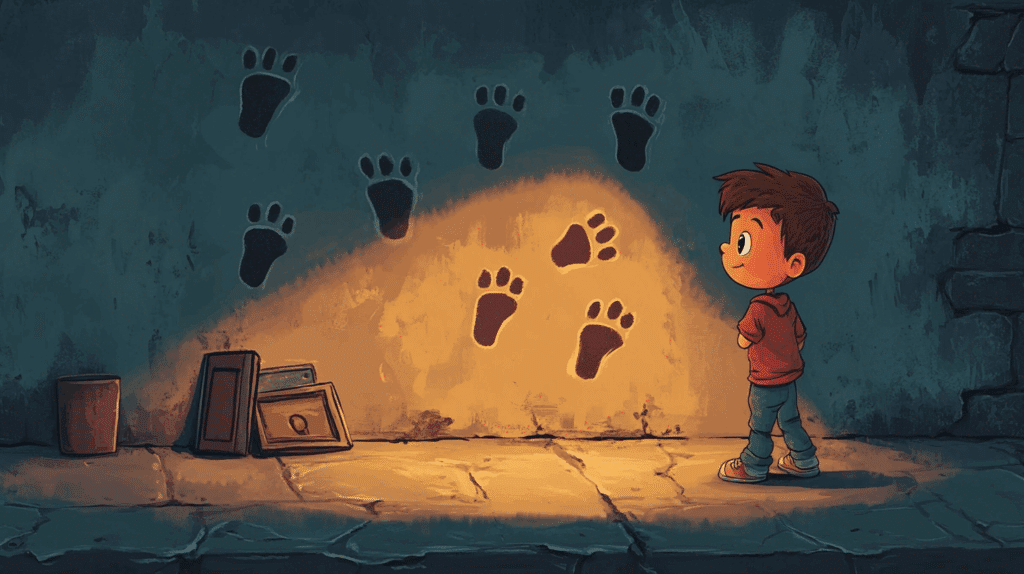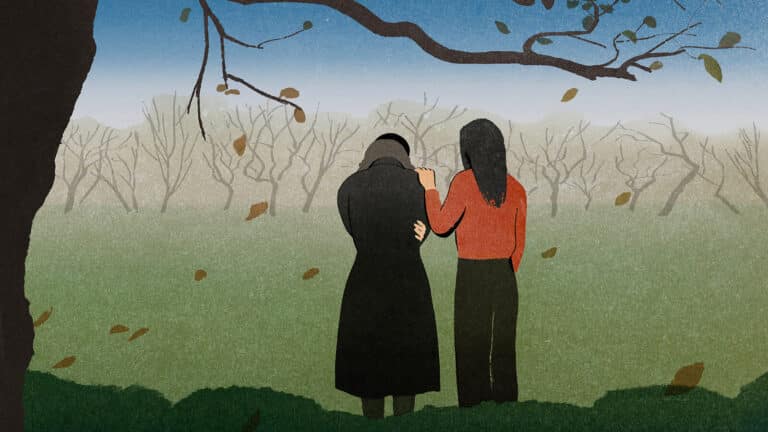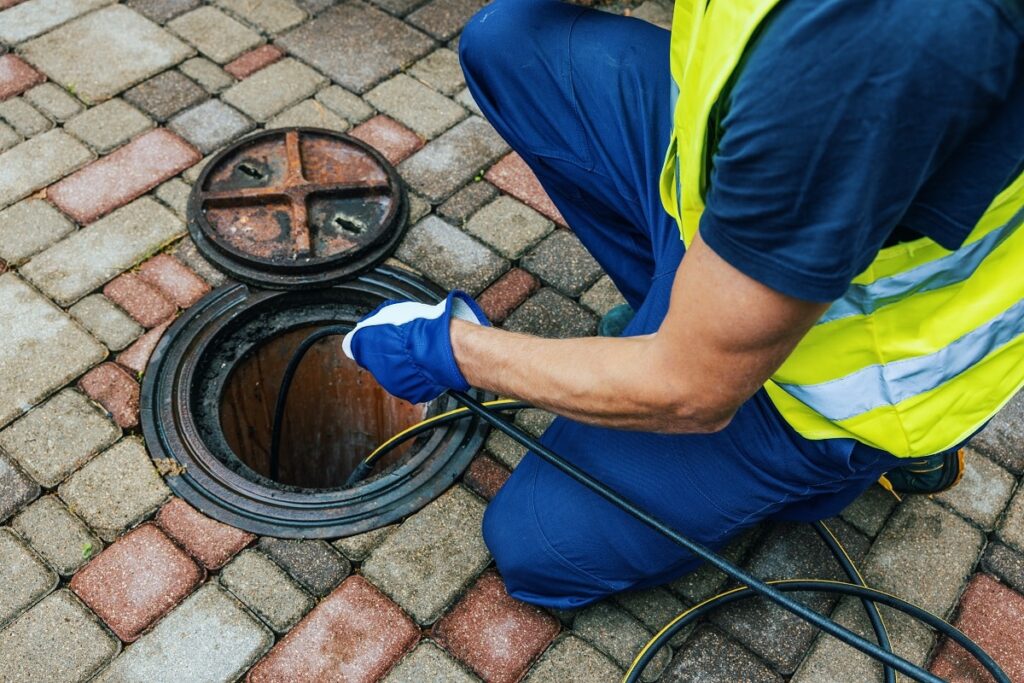Have you ever noticed how some puzzles stay with you? “The More You Take The More You Leave Behind” is one such riddle that makes us pause and think.
Footprints in the sand, marks on paper, shadows on the wall- all things we leave behind as we move forward.
What if I told you that solving “The More You Take The More You Leave Behind” helps us see the world from a new angle? When you grasp the answer, you’ll smile at its simplicity.
You’ll gain more than just the solution to a brain teaser.
You’ll understand how sometimes the most basic things in life carry hidden wisdom.
Ready to find out what gets bigger the more you take away? Let’s find out this engrossing paradox together and uncover the answer that’s been right in front of you all along.
The Origin and Meaning of the Phrase
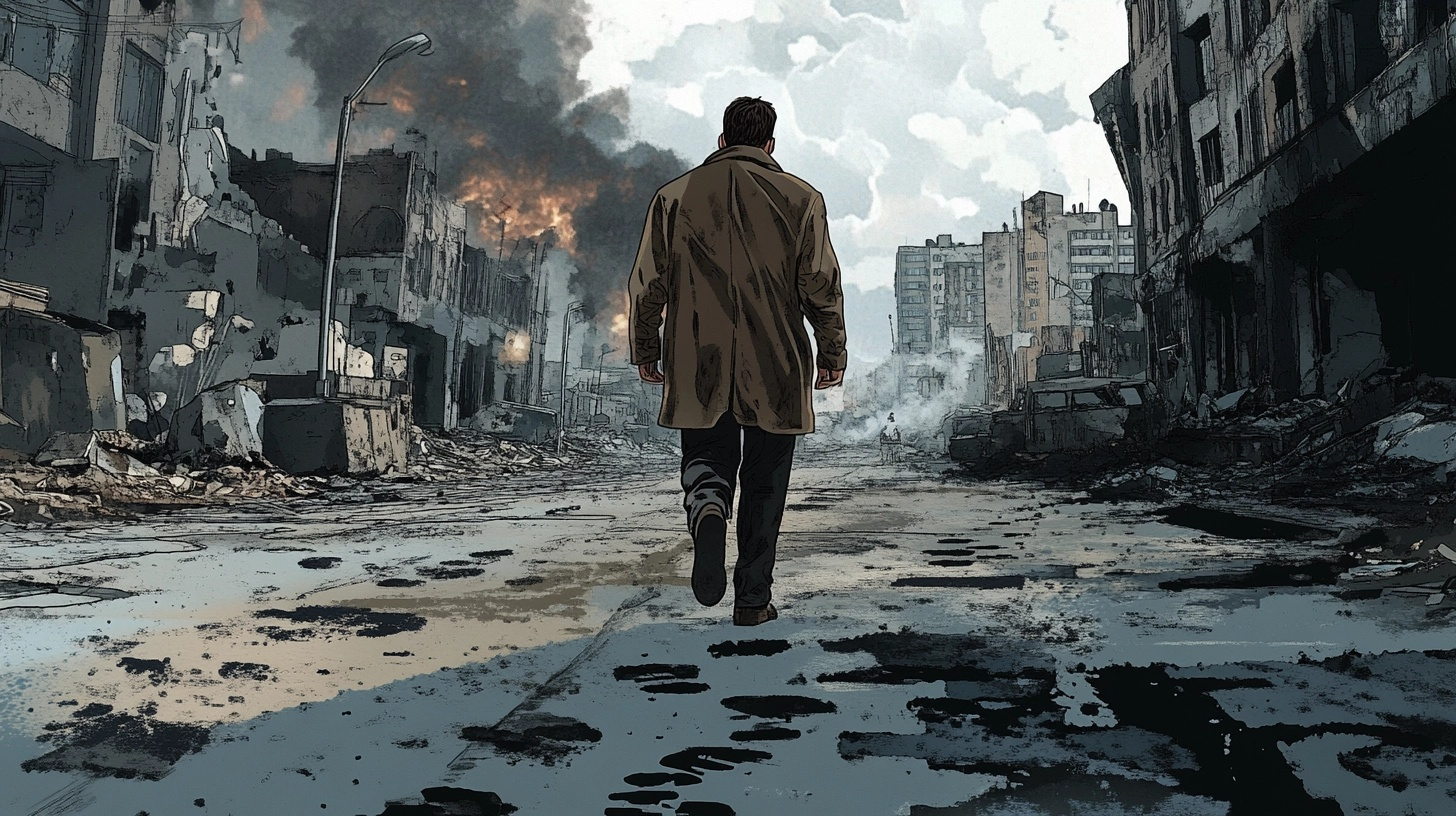
The riddle “The More You Take, The More You Leave Behind” has roots in old puzzle books and oral traditions passed down through generations.
This brain teaser has made its way into modern culture, appearing in everything from classroom activities to online forums.
At its core, the answer to this riddle is “footprints” – the more steps you take, the more footprints you leave behind. This simple solution speaks to how we mark our path as we move forward in life.
Beyond its literal meaning, this phrase holds chasmic truth. It makes us think about the marks we make in the world as we go about our daily lives. Just like footprints in sand or snow, we often don’t notice the trail we create until we look back.
This riddle works on two levels: as a fun word puzzle and as a reminder that our actions always leave some mark behind, regardless we mean to or not.
Riddles Like The More You Take The More You Leave Behind
Looking for more brain teasers to test your thinking? Many puzzles twist our minds in similar ways to “The More You Take The More You Leave Behind.”
These clever word games ask us to look beyond the obvious and find hidden meanings. I love how they make us pause and think differently about everyday things.
Let’s check out some other riddles that play with words and concepts in fun and tricky ways.
Part 1: Classic Paradoxical Riddles

1. The more you take away, the bigger I get. What am I?
A hole
2. The more you have of me, the less you see. What am I?
Darkness
3. The more you share with me, the less you have. What am I?
A secret
4. What has a head, a tail, is brown, and has no legs?
A penny
5. What can travel around the world while staying in the same corner?
A stamp
6. I speak without a mouth and hear without ears. What am I?
An echo
7. What comes once in a minute, twice in a moment, but never in a thousand years?
The letter M
8. The more you stretch me, the thinner I become. What am I?
Time
9. What goes up but never comes down?
Your age
10. What has keys but can’t open locks?
A piano
11. I’m not alive, but I can grow; I don’t have lungs, but I need air. What am I?
Fire
12. What gets wetter the more it dries?
A towel
13. What belongs to you but others use more than you do?
Your name
14. What has many teeth but can’t bite?
A comb
15. The more you use me, the smaller I become. What am I?
A bar of soap
16. I am taken from a mine and shut in a wooden case. Used by many, I help you write. What am I?
Pencil lead
17. What comes down but never goes up?
Rain
18. I have hands but no arms or legs. What am I?
A clock
19. What can’t be seen but can make you sick?
A virus
20. What can fill a room but take up no space?
Light
21. What breaks yet never falls, and what falls but never breaks?
Day and night
22. What has cities but no houses, forests but no trees, and rivers but no water?
A map
23. What’s always in front of you but can’t be seen?
The future
24. I shrink smaller every time I take a bath. What am I?
Soap
25. The more you feed me, the more I grow. What am I?
Fire
26. What flies without wings and cries without eyes?
A cloud
27. I am tall when I’m young and short when I’m old. What am I?
A candle
28. What has an eye but cannot see?
A needle
29. What has one eye but can’t blink?
A hurricane
30. What gets broken without being held?
A promise
31. What goes through cities and fields but never moves?
A road
32. What runs but never walks, has a bed but never sleeps?
A river
33. What has four wheels and flies?
A garbage truck
Part 2: Lateral Thinking and Logic Twisters
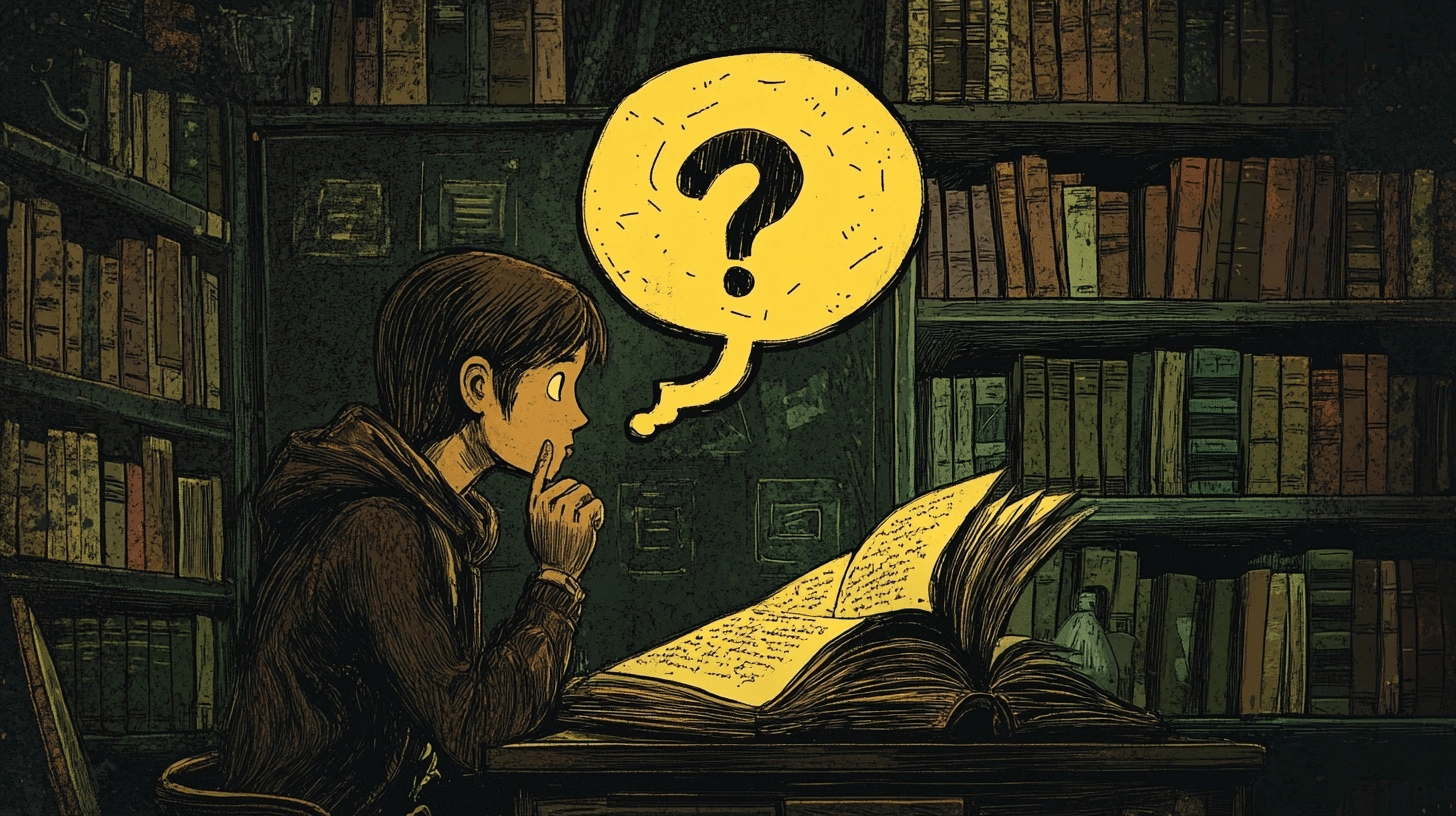
34. What invention lets you look right through a wall?
A window
35. What has a neck but no head?
A bottle
36. The more I sit still, the faster I run. What am I?
A clock
37. What can you catch but not throw?
A cold
38. What starts with T, ends with T, and has T in it?
A teapot
39. What comes before thunder and after lightning?
The letter “R”
40. I get shorter as I live longer. What am I?
A candle
41. What kind of coat is always wet when you put it on?
A coat of paint
42. What’s full of holes but still holds water?
A sponge
43. What can’t talk but will reply when spoken to?
An echo
44. What comes in all shapes and sizes but is always invisible?
A thought
45. What can be cracked, made, told, and played?
A joke
46. What comes once in a year, twice in a week, and never in a day?
The letter E
47. What gets sharper the more you use it?
Your brain
48. What goes up when rain comes down?
An umbrella
49. What’s lighter than a feather but even the strongest man can’t hold it for long?
Your breath
50. What kind of room has no doors or windows?
A mushroom
51. What has a bottom at the top?
Your legs
52. What begins with an E and only contains one letter?
An envelope
53. What kind of band never plays music?
A rubber band
54. What can be heard and caught but never seen?
A remark
55. The more you write, the less of me you have. What am I?
Pencil lead
56. What kind of tree can you carry in your hand?
A palm
57. I’m always running, but I never move. What am I?
Time
58. What can go up a chimney down, but not down a chimney up?
An umbrella
59. I go up and down, but I never move. What am I?
A staircase
60. What goes in hard and comes out soft, and you blow it to enjoy?
Bubblegum
61. What can you hold without ever touching?
A conversation
62. What gets bigger when more is taken away?
A hole
63. What two things can you never eat for breakfast?
Lunch and dinner
64. What question can you never answer “yes” to?
Are you asleep?
65. What’s harder to catch the faster you run?
Your breath
66. What has one letter and starts with a post?
A mailbox
Part 3: Brain-Bending Wordplay & Paradoxes

67. What is so fragile that saying its name breaks it?
Silence
68. What begins but has no end, and ends all that begins?
Death
69. What exists only when measured, and vanishes when ignored?
Time
70. What can’t be used until it’s broken?
An egg
71. What runs around your house but doesn’t move?
A fence
72. What goes up but is always down?
The floor
73. What has no body and no nose, but can still sneeze?
A ghost
74. What has 88 keys but can’t open a single door?
A piano
75. What can be long or short, bought or sold, given or wasted, but never owned?
Time
76. What is always coming but never arrives?
Tomorrow
77. What’s never used until it’s smashed?
A glow stick
78. I’m weightless but can make you sink. What am I?
Guilt
79. What’s something everyone can hold but no one can touch?
A grudge
80. What has no beginning, middle, or end?
A circle
81. What appears once in a second, twice in a decade, but not once in a century?
The letter E
82. What comes after you buy it and before you use it?
The receipt
83. What gets heavier the more you take away from it?
A hole
84. What only increases when you divide it?
Love
85. What is found in the middle of nowhere?
The letter H
86. What becomes clearer the longer you look at it?
A puzzle
87. What’s tall when it’s young and short when it’s old?
A crayon
88. What can hold all the knowledge in the world, but fits on a shelf?
A book
89. What’s there every night without being seen, but gone by morning?
Darkness
90. What floats without wings and cries without eyes?
A cloud
91. What makes a loud sound when taking the least space?
A balloon popping
92. What has no shape but can fill any form?
Water
93. What disappears when you say its name?
Silence
94. What is yours but used by others?
Your name
95. What can be stolen, mistaken, or changed yet has no weight?
Identity
96. What has legs but doesn’t walk?
A table
97. What gets louder the quieter it becomes?
Your thoughts
98. What needs an answer but doesn’t ask a question?
A phone
99. What’s invisible, weighs nothing, but can cause the biggest mess?
A lie
The Explanation of Answer You Need to Know: Footprints that Matter

“When I take time to help others, I leave behind goodwill. When I take chances, I leave behind lessons. Each step I choose creates a mark that remains.”
This concept shows up in our daily choices. Taking knowledge from books leaves behind notes and highlights. Taking photos leaves behind memories captured in time. Even taking breaths leaves behind moments we can never get back.
This idea can help you reflect on your impact. What are you leaving behind as you move through your day? Are your footprints ones you’d be proud to claim?
Try asking yourself each evening: “What did I take today, and what did I leave behind?” This simple check-in helps me stay aware of my actions and their effects. Small changes in how we “take” can create big differences in what we “leave behind.”
Wrapping It Up
The phrase “The More You Take The More You Leave Behind” reminds us of our ongoing impact in this world.
Like footprints in sand, we create marks with each step forward. This simple riddle teaches us about the nature of presence and absence.
It shows how moving forward inevitably establishes a trail of evidence- physical or emotional- that tells our story.
What next? Try a small experiment: pay attention to what you’re leaving behind tomorrow. Notice how your words affect others, how your actions create ripples, and how your choices form a path others can see.
The beauty of footprints is that they show both where we’ve been and where we’re heading. By being mindful of what we leave behind, we can make sure our steps lead somewhere worth going.

